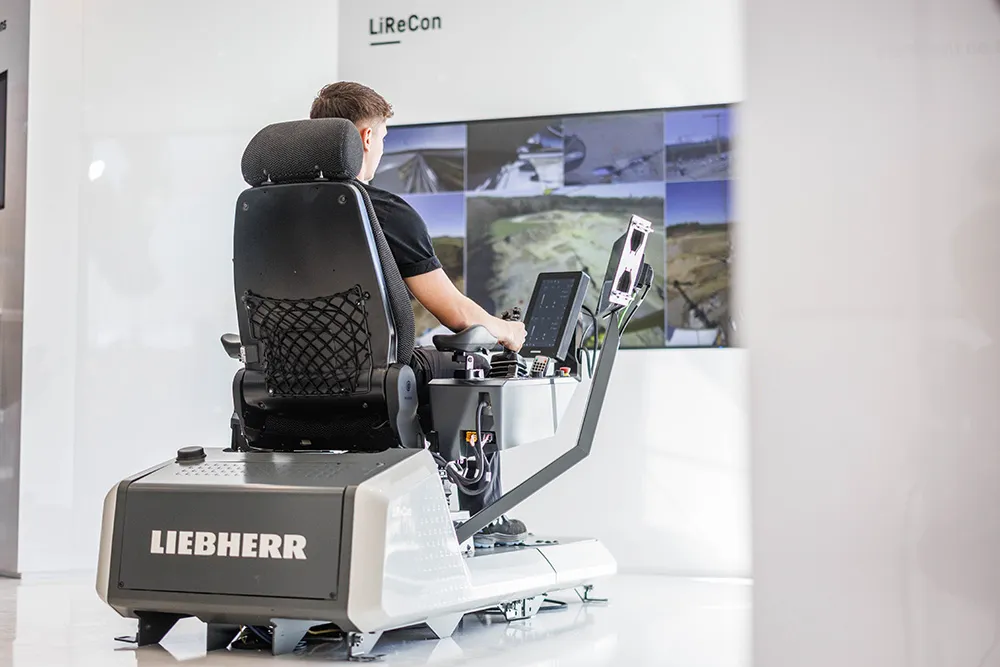
The
In many respects today's vehicles are already connected devices. However, in the very near future they will also interact directly with each other and with the road infrastructure. This interaction is the domain of Cooperative Intelligent Transport Systems (C-ITS), which will allow road users and traffic managers to share information and use it to coordinate their actions.
This cooperative element – enabled by digital connectivity between vehicles and between vehicles and transport infrastructure – is expected to significantly improve road safety, traffic efficiency and comfort of driving, by helping the driver to take the right decisions and adapt to the traffic situation.
Communication between vehicles, infrastructure and other road users is also crucial to increase the safety of future automated vehicles and their full integration in the overall transport system. Cooperation, connectivity and automation are not only complementary technologies; they reinforce each other and will, over time, merge completely.
On June 3, the
As ERF, we are proud to have been appointed as one of the member organisations in the CCAM Single Platform. This clearly underlines the importance of the ERF as the representing organisation of the road infrastructure towards the European Commission.
The CCAM Single Platform is a joint directive of Directorate-General for Mobility and Transport (DG) MOVE, Directorate-General for Communications Networks, Content and Technology (DG CNECT), Directorate-General for Internal Market, Industry, Entrepreneurship and SME’s (DG GROW) and Directorate-General for Research and Innovation (DG RTD).
The platform will advise and support the EC in the area of open road testing and make the link to pre-deployment activities. This will be done through the coordination of CCAM research, piloting, testing and deployment activities in order to increase their efficiency and effectiveness as well as integrate existing fora.
The group will also address any issues related to data access and exchange, physical and digital road transport infrastructure, communication technology, cybersecurity and road safety.
Alongside the plenary meetings, another aspect of the platform managed by the EC is a series of working groups. Each working group addresses a facet of CCAM testing. Partners have been invited to nominate experts to join the following working groups:
WG1 Develop an EU agenda for testing
WG2 Coordination and cooperation of R&I
WG3 Physical and digital road infrastructure
WG4 Road safety
WG5 Connectivity and digital infrastructure for CCAM
WG6 Cybersecurity and access to in-vehicle data linked to CCAM
Representatives of the ERF have already participated in two rounds of meetings, on June 26 and September 9. During the second round of meetings, ERF president Rik Nuyttens delivered a presentation in WG3 on the work done by the ERF at the CEN TC 226 WG12 “Road Adaptation to ADAS/AD” and the ERF activities of the WG on Road Markings.
As ‘The voice of the European Road’, the ERF is proud to convey the word of its members to the European Commission and help shape the future of road transport and mobility, all the while promoting the importance of our sector.
*The ERF LAB series has been inspired by the AEC LAB events that the Spanish Road Association (Asociación Española de la Carretera) has been organising over the past two years. The events gather experts and specialists in transport, urban planning, mobility and artificial intelligence, as well as major service providers and representatives from private and public sectors - some of them not directly involved in road infrastructure businesses.
*Christophe Nicodème is director general of the European Union Road Federation - ERF







